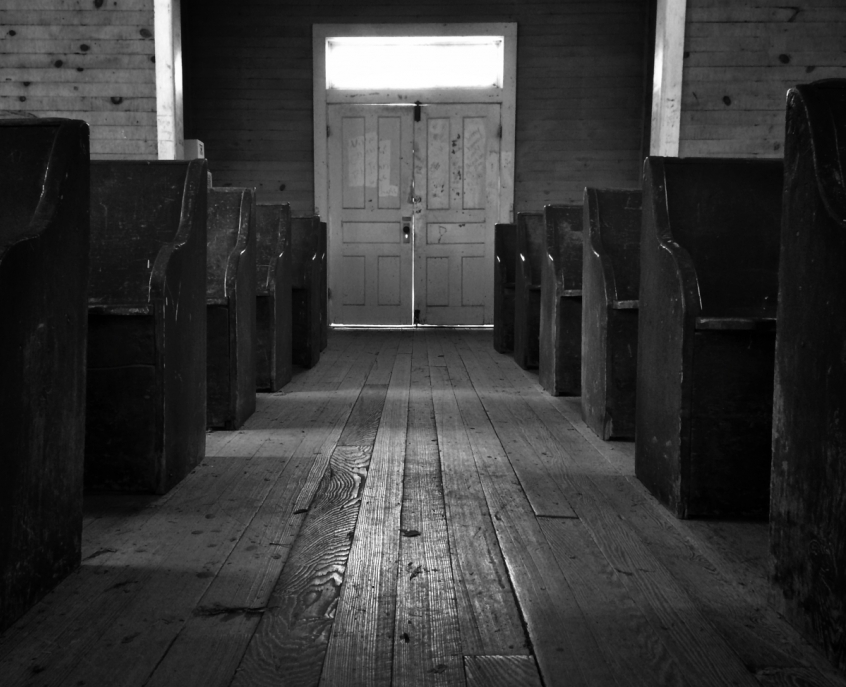
I'm sure by now most of us have heard about the new trend going on in the body of Christ that goes around saying, "The church is an organism, not an organisation." The premise is built on the concept that church community was meant to be organic and not structure-driven.
At the onset, I have to say I couldn't agree more. Churches today might sometimes put too much emphasis on systems, preferences and rituals at the point of sacrificing what matters most: authentic and real relationships with God and with one another.
But there lies the danger of building a misconception among others when we might mistakenly portray the church without any form of structure whatsoever.
If you're thinking that that's true — that systems and religion do nothing but destroy the ministry — you're wrong.
Christianity is a relationship with God and others, yes, but it's also a religion. Relationships become stronger when built on the pillars of boundaries, expectations, and accountability structures. There's no reason to believe that relationships don't need an organisation.
God Is a God of Order and Organisation
The Bible tells us that God is a God of order and peace (1 Corinthians 14:33). He doesn't want us fumbling around without direction or structure.
In Luke 22:19, Jesus said, "And he took bread, and when he had given thanks, he broke it and gave it to them, saying, 'This is my body, which is given for you. Do this in remembrance of me.'"
What's happening here? Jesus was establishing what would be the systematic habit of practicing the Lord's communion for the very purpose of standing as a reminder of what Jesus has done for us. Jesus sets this "system" because He knows without it we're more prone to forget.
Systems and organisation are vital because they make our goal clear and help us set parameters to achieve that goal. Evangelism, discipleship, ministry and even loving others become so much better when we are an organisation as well as an organism.
When Organisation Becomes Bad
So when does structure start crossing the line and start becoming legalistic compliance? It's when we fail to remember the reason why we do what God calls us to do. The best example for this would have to be the Pharisees and Sadducees who would often add or subtract from the law simply because they forgot about the heart of God's law.
Structure is important, but they are never the end goal. They are only a means to achieve our end goal. In the context of church, the end goal is always to build relationship with God and to help others do the same. All structure is bent towards that, and we never replace that goal with doing things for the sake of doing things.
Church community isn't about programmes, events, structures or meetings. But that doesn't mean that we don't need them. They play a part in helping us fulfill our God-given goals.













